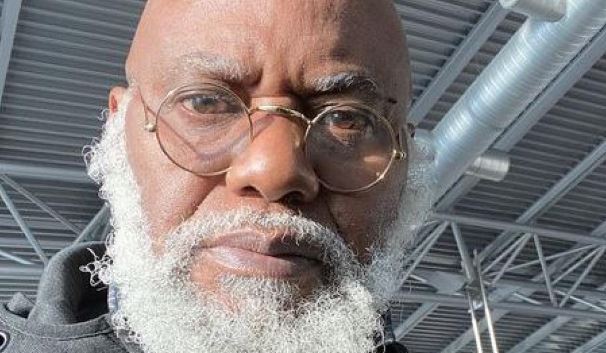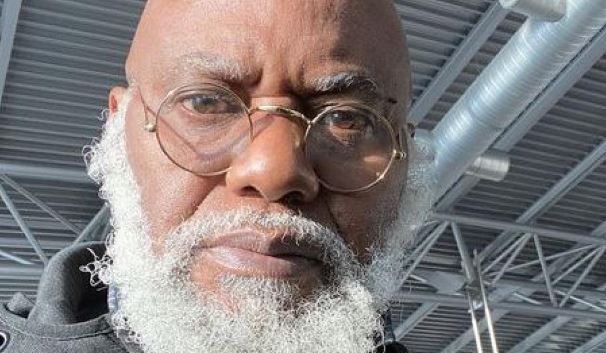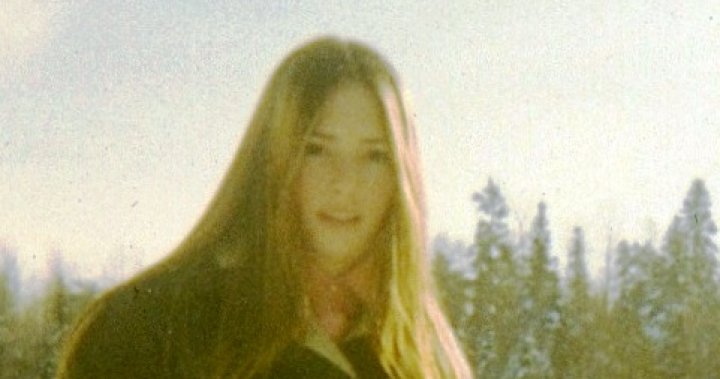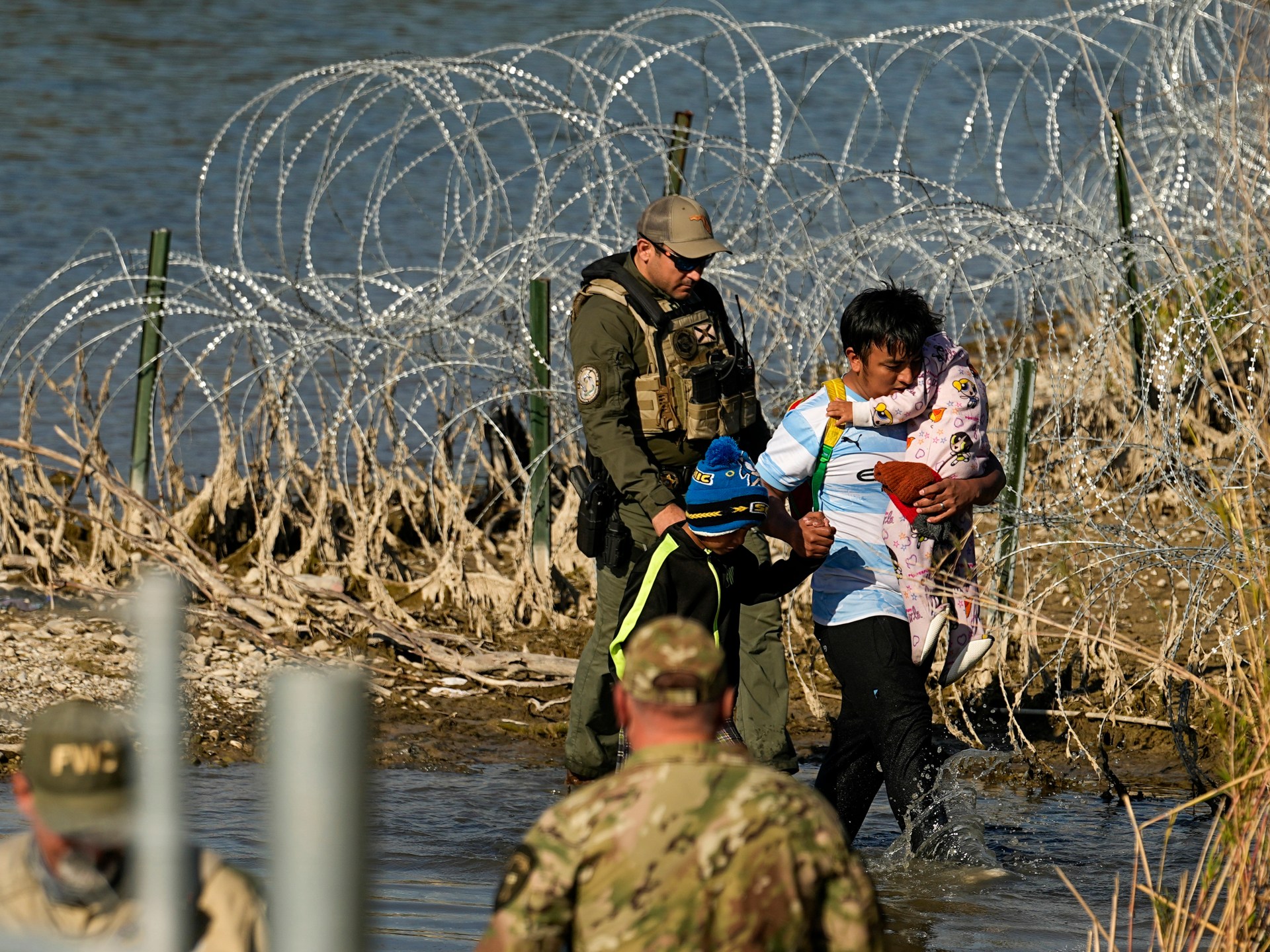How Immigration Officers Robbed Me And Police Officers Nearly Killed Me In Lagos, Nigerian-American Professor, Okediji Recounts
Prof. Moyo Okediji, a Nigerian-American Professor at the University of Texas, Austine, has made some startling claims against NIgerian Immigration officers.
He recounted how some Nigerian immigration officers at Seme border allegedly robbed him of $500 and took his hand luggage with all the money that he brought from the US while returning to Nigeria.
Okediji further alleged that some police officers attached to the FESTAC Mile 2 Station, Lagos State nearly killed him on Tuesday after his encounter with the immigration officers, but for the timely intervention of some young men.
Okediji, who took to his Facebook account to recount his ordeal at the hands of the immigration and police officers on Tuesday said, “Without the intervention of a crowd of young Igbo men who saved me from the claws of the Nigeria Police attached to the FESTAC Mile Two station, I would be a dead man today.”
Narrating his first encounter with the immigration officers at the border with a mixture of English, Pidgin English, Yoruba and Igbo, he said, “I arrived in Lagos today. I came in through Ghana and decided to enter Nigeria by road so I could see the lagoon landscape, riding a Jeep that I hired to drive me down.
“Everything went well in Ghana, Togo, Benin Republic, until I stepped into Nigeria. Na dia trouble start oooooo!
“The first immigration checkpoint that we encountered was at the Seme border, on the Nigerian side. One of the immigration officers took a look at me, and said, “Come down, oga.”
“To cut a long story short, they robbed me of $500. There were many of them, and they “invited” me, more like dragged me, to their shed. They took my hand luggage, with all the money that I brought from the US.
“Their excuse was that they wanted to search it to see if it contained contraband. They asked for my Nigerian passport. I told them it had expired and I was in Nigeria to renew it. They said it was an offence for me to enter the country with an expired passport. I apologised. But they wanted none of that.
“They said I had to “settle” them. They had my wallet containing the money I brought to spend in Nigeria. They saw two $20 notes and said I needed to give them these notes, otherwise they would seize all the money in the wallet, and take me to their office to make a statement.
“I had heard stories of visitors to the country ending up dead when the police invited them to their offices to clear some issues. So I eagerly gave them the $40. They gave me back my things. But when I counted my money later, $500 was missing.”
After his encounter with the immigration officers, he said the SUV driver drove him to the FESTAC Mile 2 motor park where another driver he had hired to take him to Ile Ife was waiting.
He continued, “My two suitcases were on the floor at the Mile Two FESTAC car park, in public, right under the large gate to FESTAC. I was narrating my ordeal in the hands of the immigration to my driver when three gun-toting police officers appeared.
“They carried some deadly-looking AK-47s. They wanted to see the contents of my bags. As they searched the bags, they came upon the money I brought from the US. I introduced myself to them as a professor at the University of Texas, Austin.
“They asked for identification. I gave them my driving license, the university-issued ID card, my US passport and my Nigeria passport. They took them from me.
“By that time, about 10 police officers had descended upon me. Also listening were some Igbo guys hanging out at the motor park. Before you could say “Ki lo de?” the police officers searched me thoroughly.
“Then they started searching my bag. They found that my suitcases contained my personal effects. They were interested in a pair of shorts which they said looked like camouflage shorts. They pulled out the shorts.
“Then there was a sculpture that I made, which they said was juju. They decided to seize my suitcases, hand luggage, ID cards and all of my money.
“They said I had to follow them to the police station. At this point, a sizable crowd of some 50 people had gathered. One of them, with an obvious Igbo accent, said, “You can see he is a professor from abroad. He has given you several ID cards, including his passports. Wetin you dey find again?
“It was like a signal to the others, who began shouting, “You wan kill am? You people are thieves o! Highway robbers! It can never happen! Una don see money, una eyes don open…! Before you can take him, just kill all of us!”
“They formed a tight buffer zone between the police officers and me. Two of them jumped into the police vehicle and dragged out my bags from the vehicle.
“They accosted the one who held the wallet containing my ID card and my money, shouting, ‘You better give him back his wallet and money now, otherwise wahala will burst.’
“Another said, ‘We will not let you take him to the police station to kill him like you always kill international visitors.’
“In a matter of moments, about a hundred Igbo boys emerged from thin air and surrounded us. The police officers saw they were clearly outnumbered by these Igbo motor park boys. They threatened to shoot.
“These Igbo boys stood their ground, daring the police officers to kill them. ‘Oya now,’ they said, ‘Sebi you get an AK-47. Kill us now, and then you can take him. But you are not taking him if we are still alive.’
“Though some of the police officers appeared to cock their rifles, the Igbo guys only squeezed tighter around me. The police officers slapped some of the Igbo guys near them, but their ring of protection around me did not break, it only got tighter, as the guys were yelling and daring the officers to kill them.
“I was scared. The police officers realized that the situation was clearly beyond what they envisaged. They had imagined I was alone and nobody would rise to my defence.
“The police officer who held my wallet, passports and ID cards quickly handed them back to me, looking nervous. The Igbo boys, chanting, carried my suitcases on their heads, sometimes lifting the boxes above their heads like highly coveted trophies.
“The boys, seemingly closed in on the police officers, ready to attack them for my protection. The police officers jumped inside their vehicles and drove off to save face, their tails curled behind their ‘brokos’.
“I recalled the traumatic moment I left the country in 1992, and swore ‘If you see me in this god-forsaken country again, cut off my neck.’
“Obviously, the country has fallen much lower since then, and is now a danger zone in which men in uniforms of all descriptions—immigration, customs, police, vehicle inspection officers and others wearing uniforms difficult to identify or define—they have all taken over the country and made it difficult for citizens to enjoy, or even just subsist in their own country.
“Which kain’ nsogbu be dis o? It is a geographical zone best avoided if you can. But for the intervention of these Igbo boys, I could be locked up in a cell at the Mile Two FESTAC police office now—or dead and my body disposed of.
“Someone needs to do something, somehow, if they want to save the citizens of Nigeria from law enforcement officers paid to protect the lives of the people, but jeopardizing the very existence of the citizens they took an oath to assist.
“God bless these Igbo boys who rescued me from the hands of the obnoxious police officers at the Mile Two FESTAC today.
“I’m sure not all police officers are bad. But those police officers at the Mile Two FESTA who attacked me for daring to return to Nigeria on a visit were evil, and worse than maggots.
“Me? I will pack my stuff and flee to Ghana tomorrow.”
Efforts to reach the spokesperson for the immigration service, Dr. Dotun Aridegbe, failed as he did not answer his calls nor reply to the text message sent to him.





